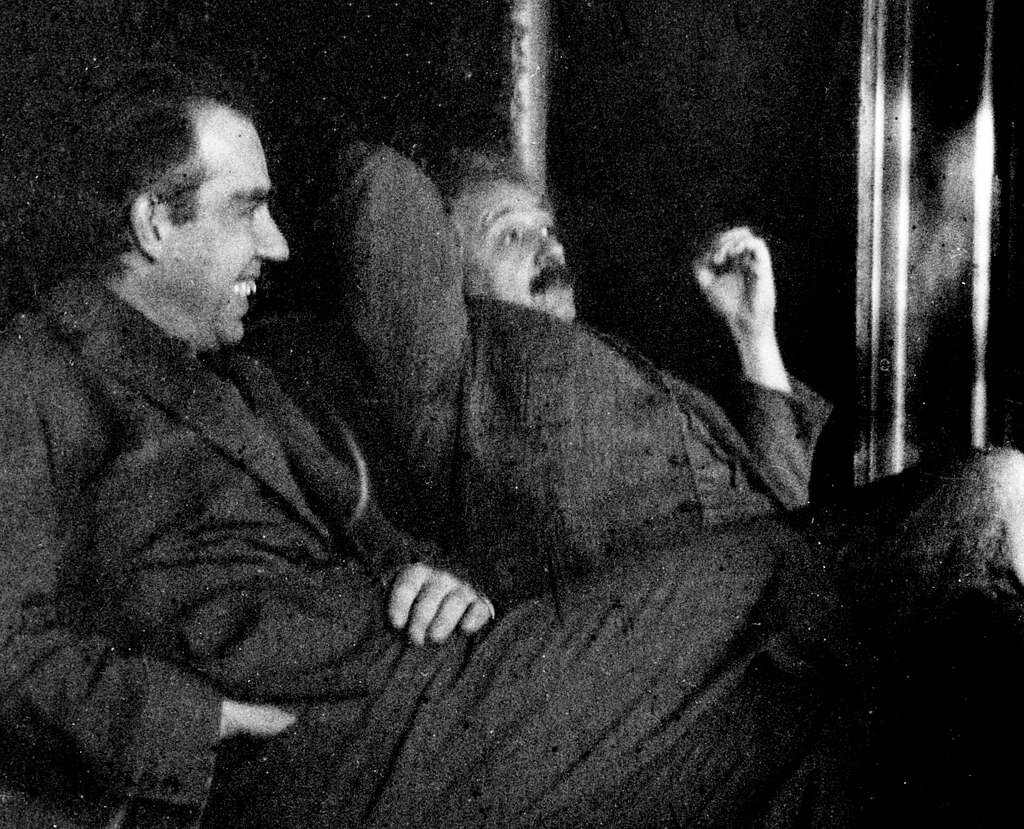ShahdagMountains
Diamond Member
- Jan 16, 2012
- 9,128
- 8,273
- 2,128
One judges God according to whether one’s life’s circumstances met one’s expectations. Mark Twain suffered terrible blows—the deaths of his infant son, and of two of his daughters when they were in their twenties; correspondingly, his assessment of God was devastatingly bitter. In our days, the Holocaust has naturally become a focal point for theological discomfort. Yet oddly, the protagonist of the Book of Job—an astonishingly sophisticated discussion of innocent suffering—refuses to blame it on God (nor, just as remarkably, on himself). But Job was rather an exception.
Equally unique was Einstein’s opining on God, and his views on fairness. Those did not touch on ethics, but on the workings of the Universe. Einstein was awed by how perfectly-ordered and fine-tuned the Nature was, its current configuration predictably flowing from the immediately preceding one, based on immutable laws. Among the physicists, this view was universal—even if not felt with equally visceral intensity. But there came a reality check: a dawning realization that sometimes this predictability just wasn’t in evidence.

Equally unique was Einstein’s opining on God, and his views on fairness. Those did not touch on ethics, but on the workings of the Universe. Einstein was awed by how perfectly-ordered and fine-tuned the Nature was, its current configuration predictably flowing from the immediately preceding one, based on immutable laws. Among the physicists, this view was universal—even if not felt with equally visceral intensity. But there came a reality check: a dawning realization that sometimes this predictability just wasn’t in evidence.

What if God does Play Dice?
by Lev Tsitrin (October 2024) As thinking social animals, we cannot help passing judgement on the people around us. Inevitably, those judgements are centered on ourselves. Is a neighbor
www.newenglishreview.org